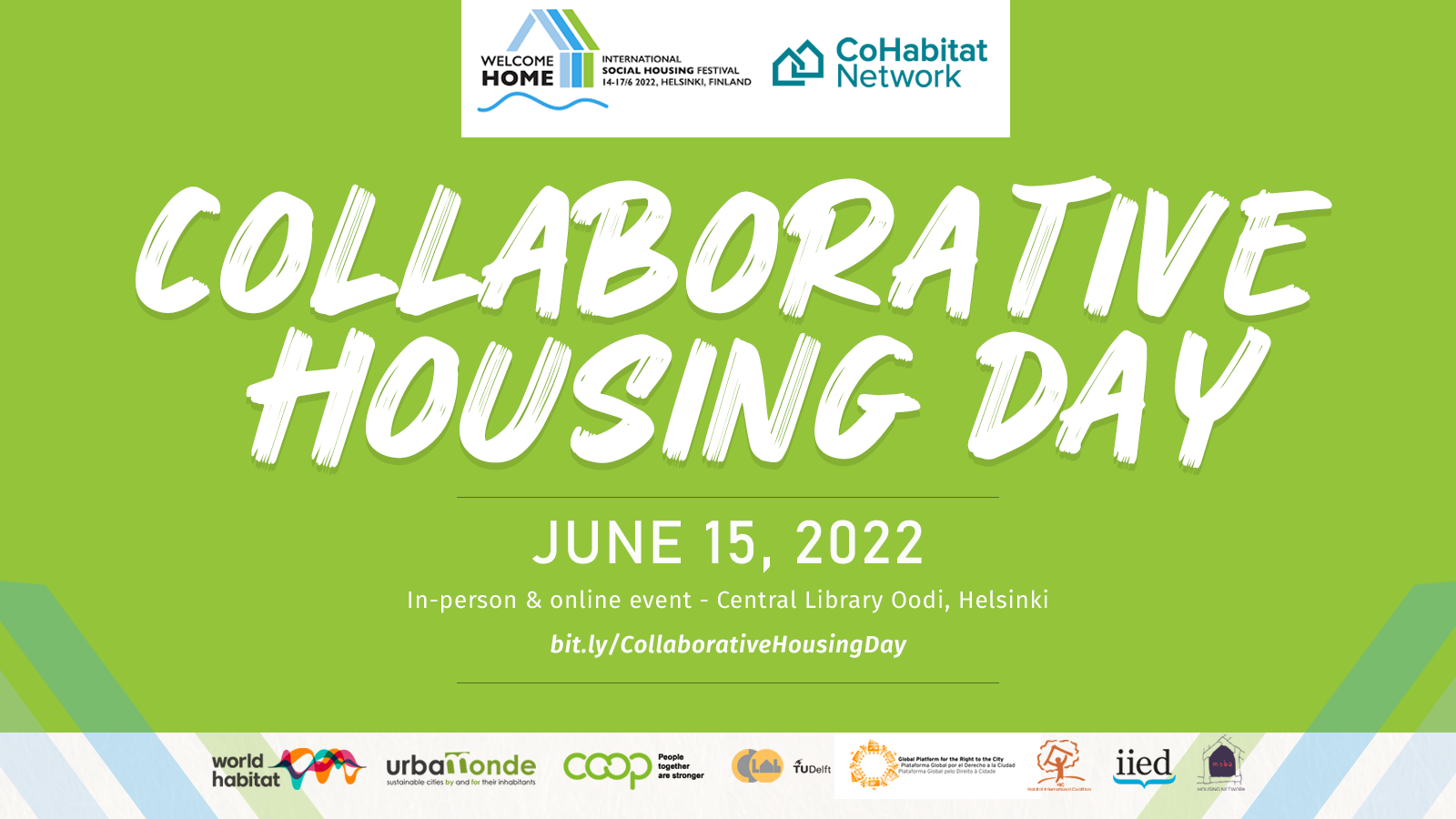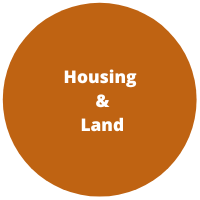Introduction:
The Housing and land rights Network of Habitat International Coalition proposes to organize the first exploratory dialogue on the human rights dimensions of land in the Middle East/North Africa (MENA) region. The planned forum/expert group meeting culminates several HLRN and other civil efforts at the national, regional and international levels to develop the human rights values at stake in the current trends of land use, distribution and tenure. Programming the forum within the human rights framework will help crystallize notions and emerging claims of a “human right to land” and technically to support that process by identifying and developing methodologies and tools for monitoring, documenting and resolving the problems of land management, particularly in MENA, by applying the criteria of human rights and corresponding State obligations. As the first conference of its kind in the region, the forum will draw together diverse efforts and approaches to upholding land rights, from popular and legal challenges to the privatization of public and environmental goods and services, affecting land and—especially—water; and will explore also regionally specific tools for land (and water) management as a public good, not least involving Islamic law and moral principles. The MENA region is exceptionally suitable as a focus for this discussion with its conspicuous features of foreign occupation, confiscation of land and water as bases for livelihoods, and the land and water dimension to self-determination of the indigenous peoples in the region. Over the past five years, HLRN has carried out several activities with its Member organizations and constituencies in the region not only addressing a “human right to land,” based also on the established human rights to (1) adequate housing, (2) food/the right to feed oneself and (3) the right to water.
The HLRN program and the discourse on the human rights dimensions of land now faces a strategic crossroads 3 from which to steer the efforts and activities in the region to prioritize and strategize according the new needs and emergent issues. The present initiative coincides also with other developments in the region, including important multilateral-sponsored initiatives. These include:
The development of National Human Rights Plans of Action (e.g., in Lebanon, Morocco, and planned also for Egypt Jordan, Yemen;
UN Habitat/ESCWA-sponsored campaigns on “Secure Housing and Land Tenure” and “Good Urban Governance” (pledged or ongoing in all ESCWA countries, plus Sudan and Morocco, as of March 2006);
The midpoint of the Millennium Development Goals process, with particular relevance to MDG 7;
Commission on Legal Empowerment of the Poor, with consultations, sectoral studies and national conferences in various stages of progress in Egypt, Jordan, Mauritania, Morocco and Yemen;
Recent and upcoming treaty implementation reviews: Israel (CERD), Turkey (CESCR); 2008: Egypt, Syria (CESCR), Bahrain (CRC), Lebanon and Turkey (CERD); 2009: Bahrain, Egypt, Iran, Morocco, Sudan, Syria (CERD). In supporting the activities for the right to water and adequate housing, alleviating the poverty within the international framework of MDGs and other related norms, HLRN has found an inextricable relationship between these issues and land. By applying those more-established (i.e., codified) norms, the symbiosis with land poses the question as to the validity and sufficiency of the already-existing human rights tools and systems. Burning challenges arising from land deprivation and the need for rights-based solutions necessitate further evolution of our moral and legal mechanisms to addressing increasing violations committed against the right to land and other ESC rights. The forum will present a rare opportunity to achieve a common regional understanding of land-use trends and to set a common agenda on the regional and international levels to support the most vulnerable and marginalized categories, as well as the ones who are vulnerable to common violations under neoliberal policies, as well as in zones of conflict/occupation, in Darfur, Western Sahara, Kurdish territory, Ahwaz, Palestine and Iraq.
In developing the regular work of some member organizations, HLRN has found a real gap between the prominent land-related problems (even well-documented ones) and the popular and official attention placed on them. Civil society in the MENA region still needs to develop its tools of understanding and analysis to play a constructive role in finding alternative solutions. International organizations in the field generally do not address these needs, and much international—and national— development policy actually deepen the crisis with their overwhelming urban bias. As a global network, HLRN seeks investment of its relationships with some of the most-important civil organizations and social movements such as FIAN, Via Campesina, Global Land Tools Network (UN HABITAT) and others to develop a collective position on the road to setting norms, including eventually codification, of at he right to land. That would empower land-based people(s), rather than currently disempowered them through State deregulation, privatization and the militarization of globalization.
To download the entire text in PDF, click here


